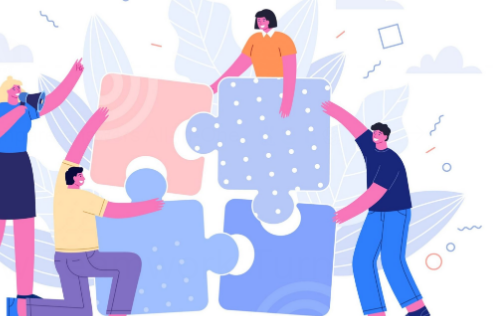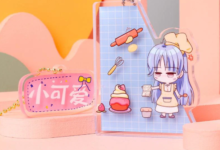How Teamwork Turns Games into Lasting Memories

Solo entertainment fills modern life. Video games, streaming shows, social media scrolling – most leisure time happens alone despite being surrounded by connected technology, theoretically enabling social interaction.
This isolated entertainment rarely creates memorable experiences worth discussing later. Shared activities engaging groups working toward common goals create dramatically different memory formation and relationship building. Calgary escape room experiences demonstrate how collaborative challenges transform ordinary entertainment into meaningful shared adventures that strengthen bonds while creating stories people actually want retelling repeatedly over the years.
1. Shared Struggle Creates Connection
Easy solo wins feel hollow. Overcoming challenges alongside others creates genuine bonding through shared difficulty and mutual support during struggles.
Watching teammates handle pressure, celebrating their successes, supporting through failures – these interactions build deeper relationships than casual socializing ever achieves.
The intensity of collaborative challenges accelerates relationship development, creating closeness in hours that might take months through ordinary social interaction.
2. Different Skills Get Showcased
Solo activities reward single skill types. Team challenges reveal diverse strengths as different puzzle types demand varied abilities.
Discovering teammates possess unexpected talents creates appreciation and respect that strengthens groups. That quiet friend who suddenly dominates logic puzzles? New dimension to existing relationship.
This skill diversity also teaches humility as people realize others excel where they struggle, creating balanced team dynamics where everyone contributes meaningfully.
3. Communication Skills Develop Naturally
Effective teamwork requires clear communication under pressure. These situations develop skills that transfer beyond games into real-world applications.
Learning to articulate observations clearly, listen actively to others, coordinate actions efficiently – all happen naturally through team challenges without feeling like training exercises.
Groups playing together repeatedly develop communication shorthand and collaborative rhythms that improve performance while deepening bonds through shared language and understanding.
4. Victory Amplifies Through Sharing
Winning alone provides brief satisfaction then fades. Winning as team creates exponentially greater joy through shared celebration and mutual appreciation.
Everyone contributed to success, creating interconnected achievement where individual efforts mattered specifically because they supported collective victory.
These shared wins become stories told repeatedly, keeping memories alive and reinforcing positive feelings about teammates and experiences long after actual events.
5. Failure Becomes Bonding Opportunity
Losing alone just feels bad. Losing together transforms into bonding experience through shared disappointment and collective humor about mistakes.
Teams that fail together often report enjoying experiences as much as winning teams because the shared journey and laughter about failures create connection.
These failure stories frequently get retold more than success stories because they’re funnier and more relatable, keeping memories active indefinitely.
Conclusion
Teamwork transforms entertainment from forgettable solo activities into memorable shared adventures that strengthen relationships and create lasting stories through collaborative struggle, diverse skill showcasing, communication development, amplified victories, and even bonding through failures. Games become vehicles for human connection rather than just entertainment, delivering social and emotional value far exceeding their surface-level fun.
The memories created through team challenges persist long after solo entertainment fades completely from memory, making collaborative experiences ultimately more valuable despite requiring more coordination effort.







